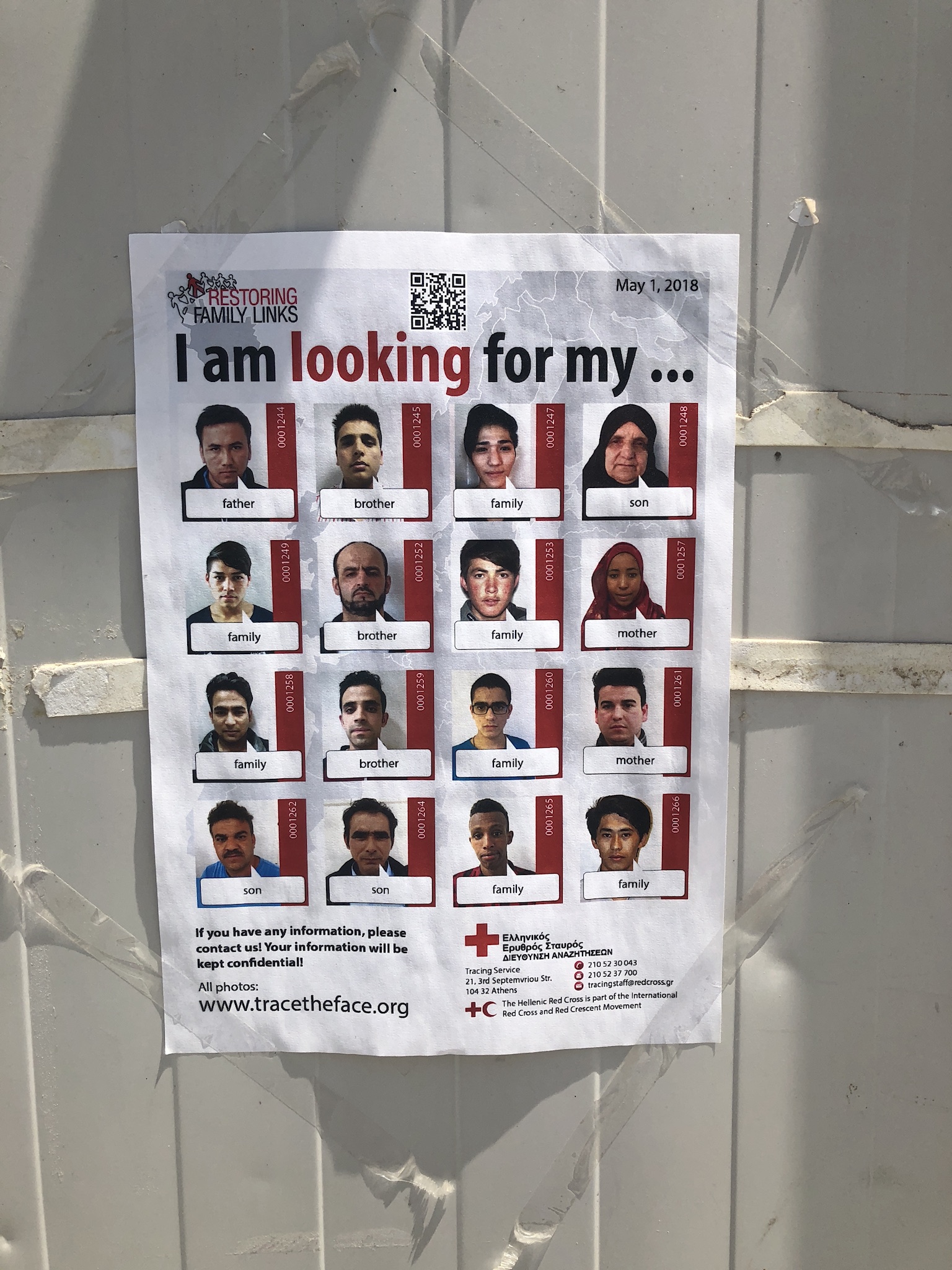Global Student Testimonials
They fled from war and landed in a new form of hell
Two donors finance nursing student’s international co-op
By Bill Ibelle, Editorial Director
The boy was just 13 years old. Alone. Surrounded by razor wire and squalor in the Moria refugee camp on the Greek island of Lesbos, where he lived with eight other boys in a repurposed shipping container.
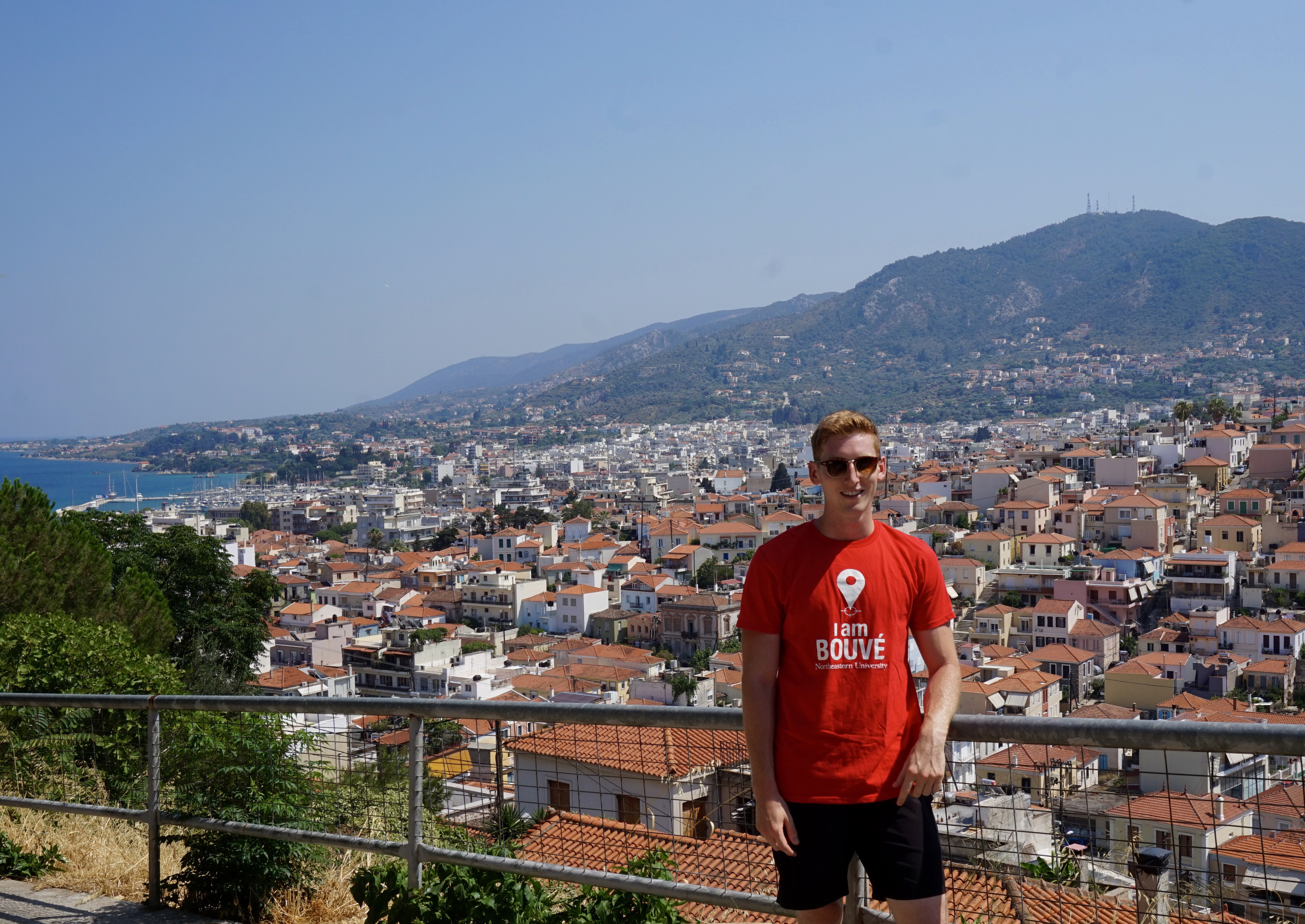
Andrew Driscoll, BSN ’19, takes some time off to explore the capital city of Mytilene.
He had fled the war in Afghanistan by himself because his parents could only afford to pay the smuggling fee for one person. For the next 25 days, he trudged through the mountains and deserts of Iran and Turkey—only to wind up in this notorious detention center with no way to find out if his parents and 5-year-old brother were alive or dead.
“It just breaks your heart,” said Andrew Driscoll, BSN ’19, a nursing major who met the boy in May 2018 while working with refugee children during a co-op on Lesbos. “It was hard to come back. I think about it every day. There’s a sense of guilt because I could just jump on a plane and come home while they’re still in that horrible camp with no way to leave.”
Driscoll had spent his first two co-ops in two of the most advanced healthcare facilities in the world, Massachusetts General Hospital, and Boston Children’s Hospital. He wanted his third co-op to be a global experience, caring for those who are disadvantaged.
His inspiration was a public health class taught by nursing instructor Catherine O’Connor.
“She’s a saint, and the class was amazing,” he said. “It opened my eyes to the healthcare disparities in this country.”
While the course provided the inspiration, there was still a matter of money. Driscoll still needed funding for his unpaid co-op with Iliaktida, a Greek organization that serves asylum seekers from war-ravaged places like Syria, Iraq, and Afghanistan.
That’s where the two donors stepped in—a 1974 nursing graduate of Bouvé and, a parent whose daughter graduated from the program in 2017. They financed the airfare, food, and rent for Driscoll and another student who was on co-op in Costa Rica.
It was a life-altering experience for Driscoll.
The Moria refugee camp is filled with posters of people looking for loved ones they were separated from during their journey.
Iliaktida provides medical treatment at the camp and shelter for 150 unaccompanied minors in eight group homes in the capital city of Mytilene. Driscoll’s job was to help out with routine medical tasks, transportation, and companionship. But he never felt like he was doing enough.
This prompted him to take the initiative by developing a class to help the caretakers of the eight refugee houses understand one of the most disturbing health issues among the refugees.
“They get to Greece, and they’re finally in Europe. They’re finally safe,” explained Driscoll. “Then they see the conditions at the Moria camp and realize that people have been trapped there for years. That’s when they hit a wall. They realize that they’ve escaped hell, only to make it to a new form of hell… And then they start cutting.”
Driscoll bandaged one boy who had slashed his arm repeatedly with a piece of glass from a broken lightbulb. He soon learned that this was a fairly common but poorly understood response to prolonged trauma and hopelessness.
“They’ve spent weeks smuggling themselves through a war zone where people were shooting at them, and many females in their group were raped,” he said. “Many of them have lost their families, and they’re left in the limbo of Moria with an overwhelming sense of hopelessness. A profound numbness sets in, and cutting produces feelings. Even if it hurts, at least it’s something.”
Driscoll emphasized the only thing that separates us from the refuges is the luck of where we were born.
“These people are just like you and me,” he said. “I met doctors, lawyers, computer scientists, designers, and more. They are families whose houses, schools and businesses have been bombed and whose neighbors have been murdered.”
As a result, they take enormous risks to reach the safety of Europe—and the short ocean passage to Lesbos is often the most dangerous part. Thousands drown every year because the inflatable rafts provided by smugglers are packed far beyond capacity.
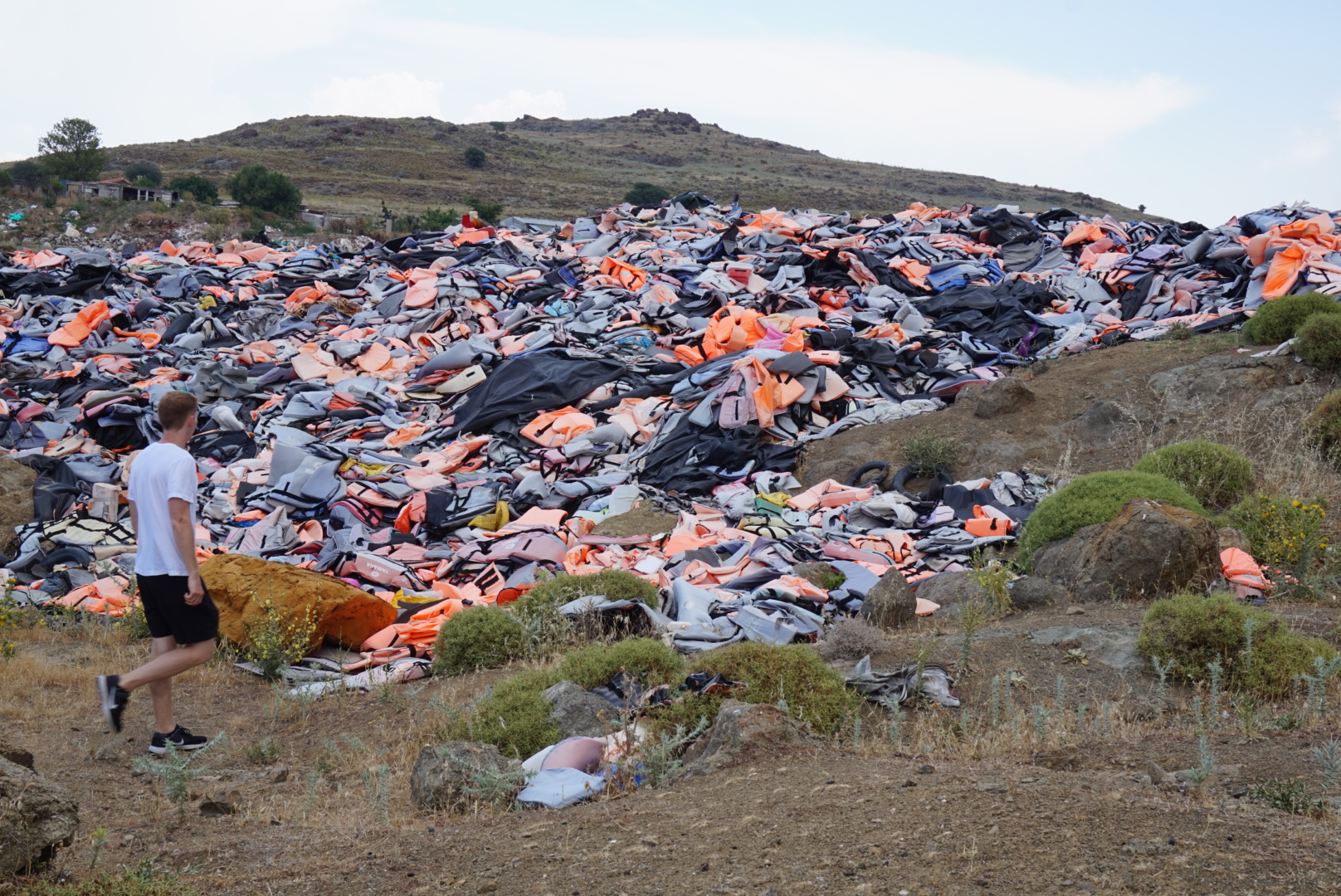 The “lifejacket graveyard” on the island of Lesbos commemorates the thousands of refugees who have not survived the treacherous ocean passage.
The “lifejacket graveyard” on the island of Lesbos commemorates the thousands of refugees who have not survived the treacherous ocean passage.
There is a place on Lesbos known as The Lifejacket Graveyard, where several hills are piled with the life preservers of refugees, many of whom drown making that final passage.
“I’ve gone through that graveyard, and many of the orange lifejackets say, ‘This is not a flotation device.’ There’s a factory in Turkey that manufactures fake lifejackets that actually get heavier when they’re wet.”
The ones who do make it end up in a camp where adults live more than 20 to a shipping container because a compound built for 2,000 now holds more than 6,000 people.
“People have to sleep on the floor,” said Driscoll. “I met one pregnant Syrian woman who slept on the hard floor of her container along with everyone else.”
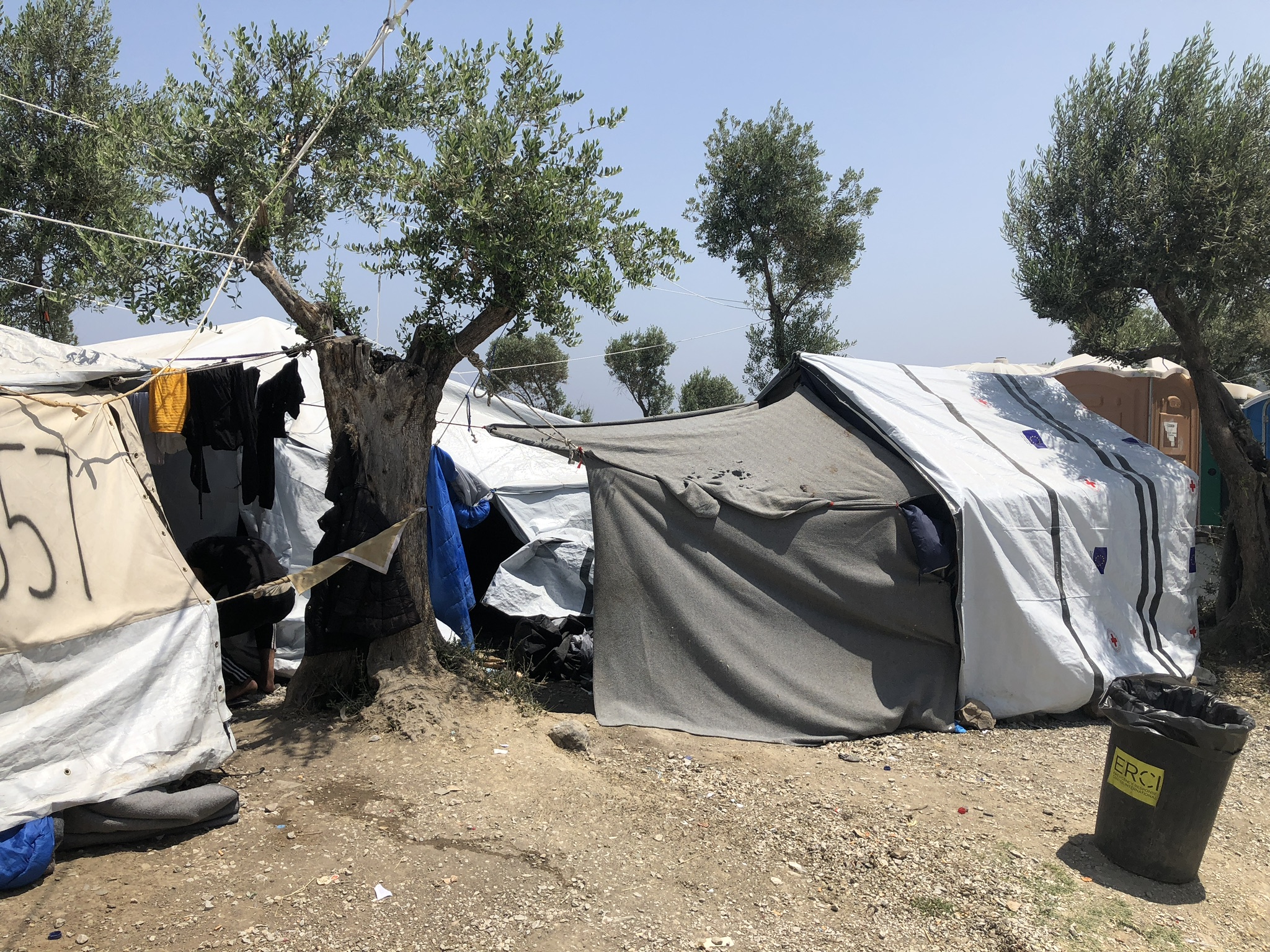 Just outside the razor-wire fences of the Moria camp, new waves of refugees live in makeshift tents constructed out of scrap material.
Just outside the razor-wire fences of the Moria camp, new waves of refugees live in makeshift tents constructed out of scrap material.
Driscoll describes a camp where people wait in line for days to get healthcare, sewage overflows, and more than 70 people share each toilet and shower.
“Many of the women wear diapers to bed, so they don’t risk getting raped on their way to the bathroom at night,” he said.
Now that he has returned to the U.S., Driscoll hopes to combine his passion for pediatric nursing with a public health component. His experience in the classroom and co-op taught him how class, culture, and economics could affect a person’s health. He believes he can have the greatest impact on underserved populations through interventions early in life.
Whether he makes those interventions here in the U.S. or abroad, the 13-year-old boy Driscoll met on the first day he visited the Moira camp will never be far from his mind.
Third-year Julie Dobkin is spending her days hand-feeding habituated cheetahs and tracking wild elephants. It’s not the first place you’d expect to find a cell and molecular biology major, but it’s the exact co-op experience she was looking for.
That’s because the co-op program is built for flexibility. Knowing she had up to three chances for co-op, Dobkin went on something of a co-op safari, exploring both potential career paths while also embracing lifelong interests.
After completing her first co-op on the structural and chemical biology team at Celgene Inc. in 2018, she felt ready for a different challenge. That led her to the N/a’ankuse Wildlife Sanctuary in Windhoek, Namibia.
“I decided to apply to this co-op as an opportunity to do work that I am incredibly passionate about — wildlife conservation and research — but don’t anticipate having the opportunity to participate in later on,” she said.
Her journey to “cheetah country” started with an expansive job search. After researching positions across Asia, Africa, and Australia, she applied to N/a’ankuse, noting the “wide variety of animals,” as well as the chance for “hands-on experiences” with the wildlife.
With over 100 animals across their facilities, Dobkin wasn’t exaggerating.
Her work week varies depending on needs. From observational research to perimeter integrity checks, volunteers such as herself play a critical role in the care and protection of these animals.
In most instances, she gets to work one-on-one with unique breeds across the animal kingdom. Other days involve tracking movements of game species across a large swath of preservation land.
There’s also quite a bit of upkeep. With such a variety of animals living together, feeding times for large carnivores like lions or African wild dogs can present unique challenges. Then there are those in need of special attention, like the orphaned baby baboons, who have only known the care of humans since birth.
It’s a lot to take on and supervise, but this great responsibility has also led to some incredible moments.
In addition to maintaining the reserve, Dobkin gets to travel to N/a’ankuse research sites around Namibia. She recalls catching a glimpse of a newborn zebra while searching for game species on horseback. On another day, she mentions the thrill of hiking one of the oldest sand dunes in the world.
Still, the most rewarding part of her co-op was the feeling of creating real change. “My favorite part was working with people from all over the world — and getting to see the results of my contribution to the efforts being made by the N/a’ankuse wildlife sanctuary.”
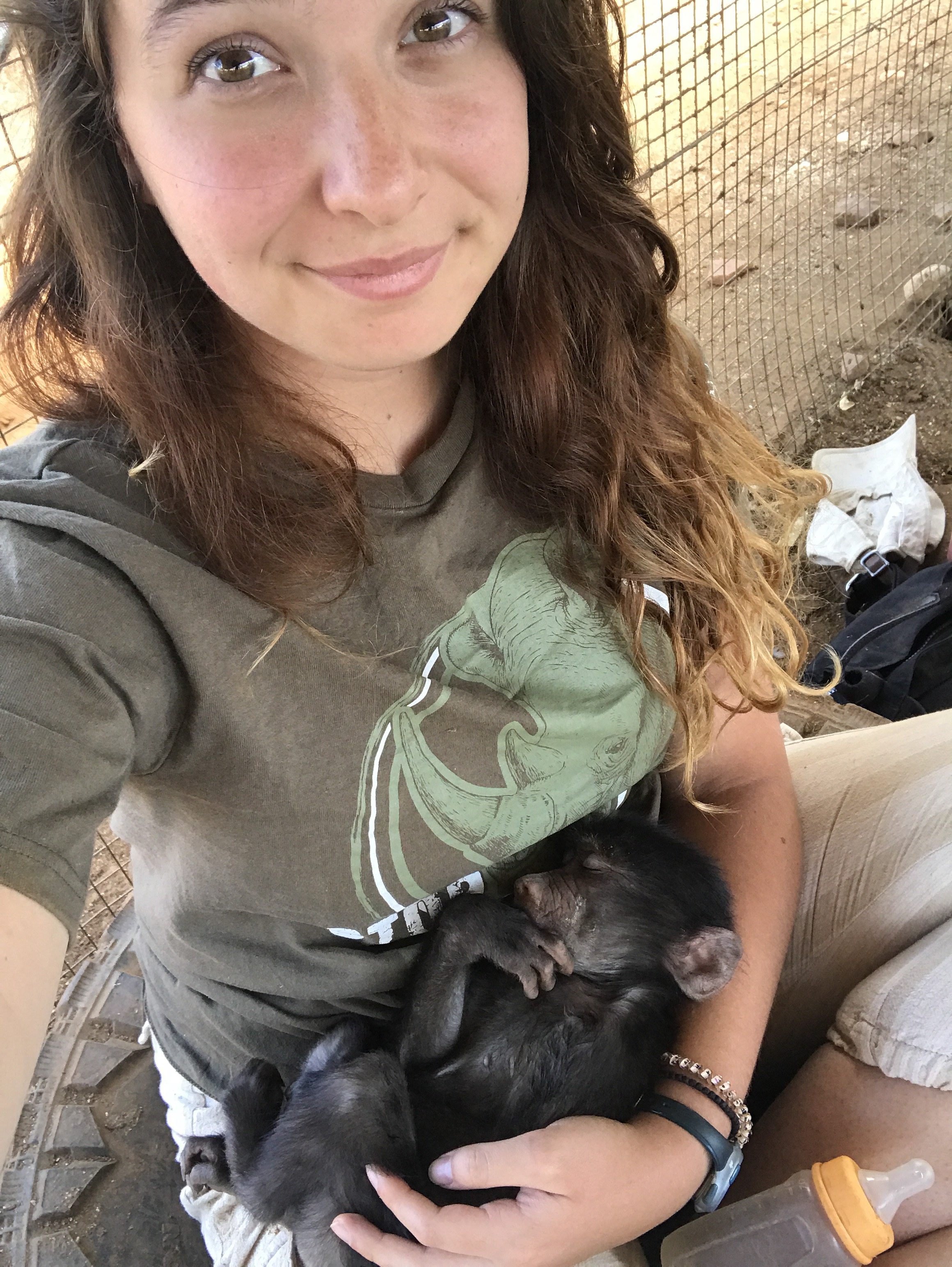
Julie Dobkin pictured “babysitting” Philly, a baby orphaned baboon who is being hand raised in the sanctuary. Photo courtesy of Julie Dobkin.
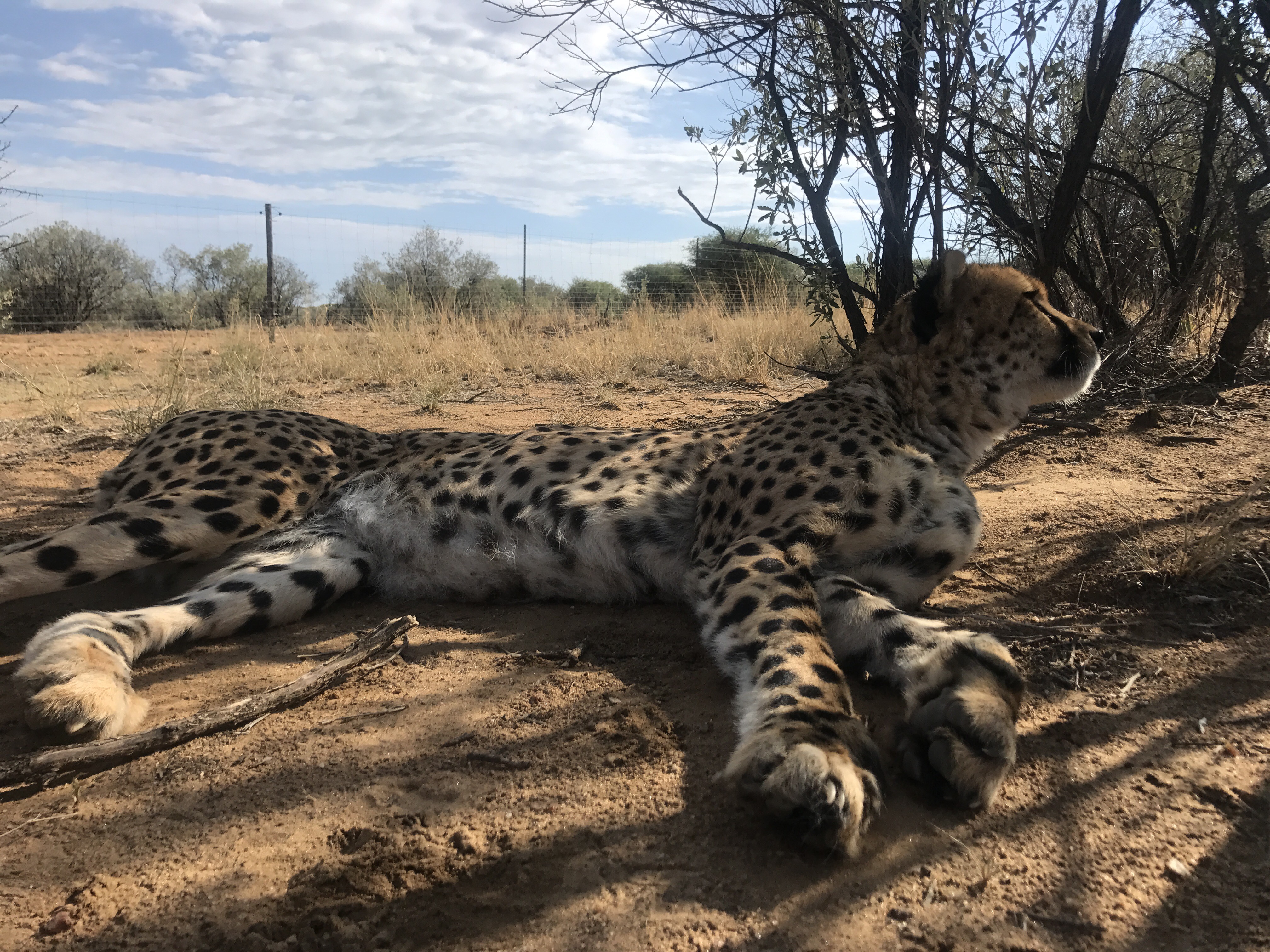
From a cub to adulthood, this tame male cheetah was hand raised in the Na/a’ankuse Sanctuary. Pictured here, researchers were helping to assist with the FIT (Footprint Identification Technology) project. Photo courtesy of Julie Dobkin.
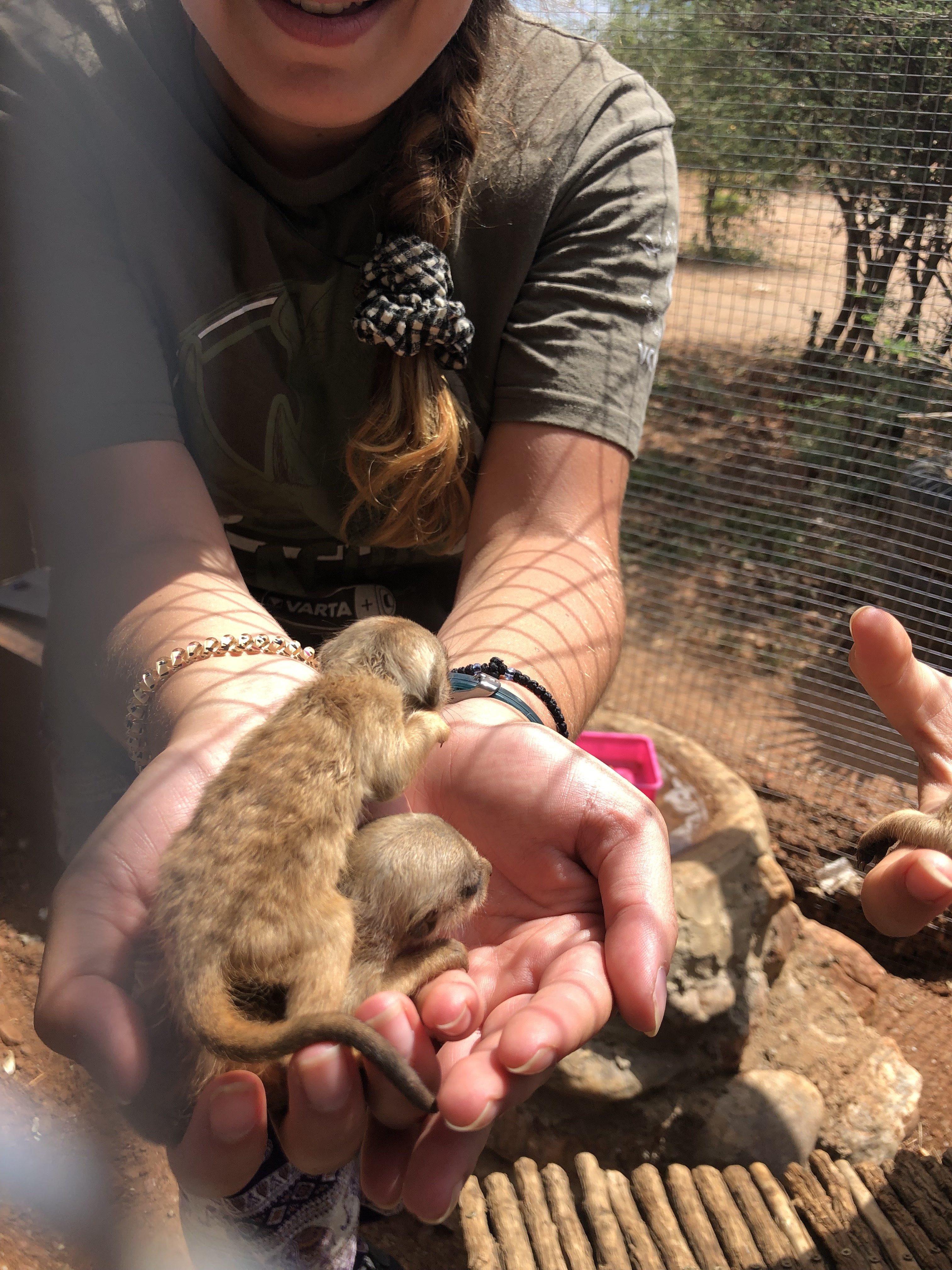
Dobkin was holding 3-week-old meerkats as volunteers attended to cleaning the enclosure and checking the babies’ weights. Photo courtesy of Julie Dobkin.
I transferred from Boston University to Northeastern in my sophomore year of college and began taking co-op prep classes that fall in order to prepare for my first co-op come spring.
There are many co-op opportunities in the Boston area for nursing students, with some of the best hospitals in the world at our doorstep! That being said, I spent my first co-op at Tufts Medical Center in the hematology/oncology unit and in the Infusion Center.
After completing six months of nursing assistant work at Tufts, I vowed to broaden my horizons for my next co-op; as such, upon browsing the NUworks (formally NUcareers) portal, I discovered a global co-op position in Valencia. I reached out to Mary Carney (my amazing co-op advisor), and we made it happen…
Fast forward to spring 2020! I found myself in Valencia, Spain, interning at the clinic of Dr. Marco Antonio Chover – a renowned doctor of Orthomolecular medicine. Similar to naturopathic medicine, orthomolecular medicine aims to treat patients through supplementation of vitamins, minerals, and other nutrients they may be deficient in – or to eliminate toxins they have been overexposed to. Though none of my colleagues spoke English, I was able to communicate using my beginner Spanish skills, Google Translate, and gestures.
My amazing host family also spoke no English – like most Valencians. This forced me to adapt to the language and culture of muy rápido! I adore the Spanish language and was thrilled to be a sponge in my new city, absorbing everything the country had to offer – from siestas to homemade paella.
My passion lies in preventative medicine. Working alongside Dr. Chover and the nurses at the clinic was enthralling! I was able to observe the patient-physician consults that took place throughout the workweek and help the nurses prep infusions (i.e., vitamin C, zinc, magnesium, etc.) Dr. Chover treated various walks of life, from patients with Schizophrenia to pregnant mothers and children with autism. Amazed at his therapeutic approach to healing, working in Dr. Chover’s clinic gave me the courage to apply to Naturopathic Doctorate schools. I plan to gain my ND degree with a dual track in acupuncture and oriental medicine next fall after taking the NCLEX.
My global co-op in Valencia was cut short due to the COVID-19 pandemic; however, my time in Spain proved invaluable. My dream career became clear to me on co-op as I was given the opportunity to immerse myself in an alternative clinical setting – an opportunity I know I would not have been able to experience elsewhere.
I am incredibly grateful for my time abroad in Spain. Not only has my co-op in Valencia motivated me to continue studying Spanish independently and to hopefully become fluent one day, but I have also become more confident in myself. The self-dependence I gained in Spain provided me with the tools necessary to follow my dreams!
I look forward to returning to Spain when the next opportunity presents itself.
Attached are some outtakes from my time in Valencia and traveling in Spain.
These are moments I will cherish forever! This co-op experience was, without a doubt, the highlight of my Northeastern career.
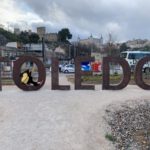
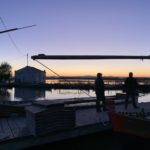
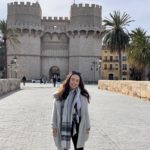
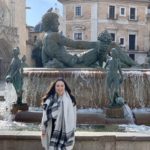
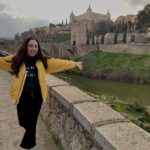
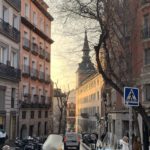
My name is Ségolène Duminy, I am 22 and I am French. I study Electrical and Computer Engineering in Toulouse at the engineering school INP-ENSEEIHT. I wanted to explore robotics for a year and was glad to find a co-op at Northeastern University, thanks to the partnership with the University of Toulouse. I worked at the RIVeR-Lab for 5 months on the Toyota Human Support Robot! I was delighted to be part of this team and to help develop new features for the control of HSR.
My co-op ended up during the Covid-pandemic, so I had to work remotely. Lucky me, I was sharing Eileen McMahon’s and her daughter’s home with their lovely dog Ruffles! I could really live the American life for 5 months! Living with Eileen was a real pleasure. We cooked and had dinner together. She showed me around, and she shared her experiences with me. I am very grateful to her! She also lent me a bike so I could ride around Boston, which was a nice way of discovering the city and its neighborhoods!
My contribution to the RIVeR-lab consisted of developing an interface to control the robot with a VR headset! I worked from home but had the help of some master’s and PhD students from the lab. I was able to design an interface tested at the lab on the last day of my co-op, and it worked!
I came home with a lot of good memories and an experience I wanted to share with my colleagues! I hope the partnership between Northeastern University and the University of Toulouse will go on!


I am grateful that I started my freshman year at Northeastern confident that I was destined to become a nurse. However, it was only after the public health course I took during NUterm that I realized I wanted to be a nurse with a focus on Global Health. Something about limiting myself to medicine in the U.S. didn’t sit well with me. I was eager to learn about medical care and health disparities beyond the borders of the United States.
I was lucky to grow up in a bilingual household and to become semi-fluent in Hebrew.
This led me to pursue a global co-op in Israel. While Northeastern already had a few co-op options in Israel for Bouve students, they did not relate to my overarching goal of learning about diverse cultures. With the help of my co-op guidance counselor, Mary Carney, I was able to create my own co-op at an organization called Save a Child’s Heart, located in Holon, Israel.
Save a Child’s Heart is an Israeli humanitarian charity that treats children with congenital heart defects from around the globe at Wolfson Children’s Hospital at no cost. Through donations and volunteers alone, SACH is able to fly children and a family member from their home country to Israel for treatment and an indefinite stay at the SACH house. In addition to their global program, SACH has a program for Palestinian children who are in need of cardiac surgery. These children are given free transportation from locations in Gaza and the West Bank to Wolfson Hospital for appointments with cardiologists and surgery without cost.
As a nursing student, I am used to my hospital assignments being fast-paced and clinically focused. Unlike my previous co-op at Boston Children’s Hospital, my role at SACH was not as a clinical assistant but as a SACH House Intern.
I knew from the start that my internship at Save a Child’s Heart would be a new challenge. I would be working with children and families from places whose cultures I have never encountered before. However, I would be given the opportunity to see the same children for months at a time and create powerful relationships with them without sharing a common language. Once I arrived and settled in, the majority of my time was devoted to creating patient profiles (recording family stories and conducting medical interviews), organizing activities for children pre and post-op, teaching math, English, and Hebrew, and even dancing and singing with the children and their mothers.
While it was comforting knowing how happy the children and mothers were during their time in Israel, it was difficult to forget the lives and households they would be going home to.
Some were used to living without ready access to water or electricity- a concept that is difficult to grasp when considering the child’s health post-surgery.
My time at Save a Child’s Heart has taught me so much about global health and the importance of cultural competency in health care. When I wasn’t at the SACH house, I was at Wolfson Hospital in Holon, admitting Palestinian children to SACH’s outpatient clinic and sitting down with families to record their child’s medical profiles. Of course, through these conversations, I learned so much more about them and their lives. The families expressed their gratitude and hesitation about receiving life-saving medical care in Israel. Having spent time with children and families from Gaza and the West Bank, I witnessed how strongly these families prioritized their child’s well-being and how far they would go to get proper treatment. I also witnessed how the SACH doctors would approach the complicated situation with empathy and endless respect with the goal of making these families as comfortable as possible.
I will never forget the nervous faces of the children, instantly smiling once they were greeted with toys and art supplies as they entered the clinic. Nor will I ever forget the homemade traditional Palestinian treats, like knafeh and baklawa, that the mothers and fathers brought me from their kitchen.
Even though my time at SACH was cut short due to the Covid Pandemic, I am so grateful for the months I had interning at the SACH house and working at the Palestinian clinic at Wolfson Hospital.
This global co-op experience has inspired me to pursue a nursing career in global health. I will never forget my experience at Save a Child’s Heart and the opportunity Northeastern has given me to live independently in a foreign country to pursue my passion for Global Health. Check out the Save the Child’s Heart website for more information about my global co-op.

